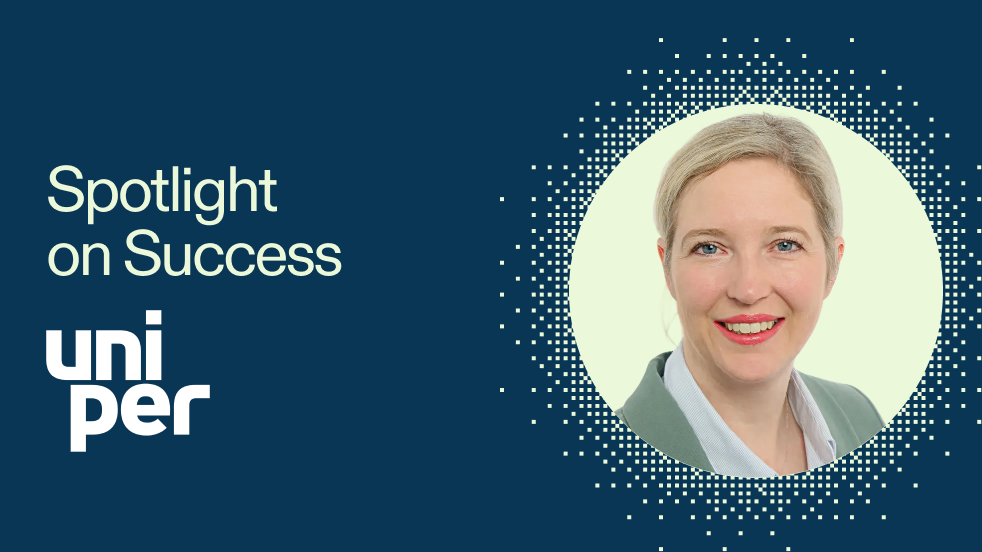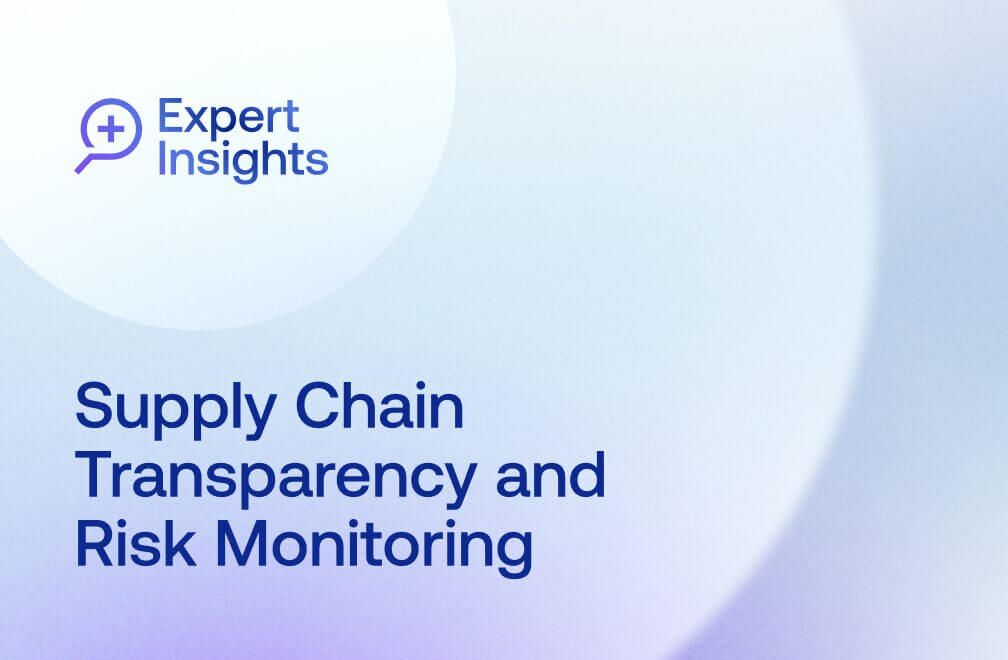
February 15, 2023 • 6 min read
The Advantage of a Multigenerational Disrupted Workforce
For the first time, our workforce is staffed with people from at least four generations. Internal Audit teams regularly include individuals from the Baby Boomer, Gen X, Millennial, and Gen Z generations, and each group brings a unique perspective to the workplace, and the differences among individuals can be an advantage if properly understood. At AuditBoard’s 2022 Audit & Beyond conference, a group of audit leaders discussed the advantages of having a multigenerational audit team. Learn four of the key takeaways from the panel discussion, and watch the subsequent on-demand webinar recording.
Lesson 1: Embrace Flexibility in the Work Location
While some generations are more comfortable working in an office, that does not apply to everyone. During the two years spent working from home during the pandemic, the younger generations shined in their ability to adapt and thrive in the remote environment. As Seth McCune, Risk Officer at Orion Advisor Solutions, pointed out, “they were happier and more comfortable working at home, and as a result, their productivity actually went up, which surprised us.”
Now companies are rethinking the nature of work, allowing teams more flexibility in work location and hours to choose a scenario that enables them to be the most productive. Company leaders are choosing to remain in a remote work environment, to have everyone back in the office, or to take a blended, hybrid approach. The advantage in this situation comes from allowing employees to work in a method that supports their productivity while not taking away from workplace collaboration.
Lesson 2: Set Clear Expectations
Generational differences were also noted concerning open communication and setting expectations. Older generations may have been more tolerant of ambiguity at work, while younger generations expect their managers to set clear expectations on tasks they must complete.
They also want to know how their work fits into a larger plan. Danielle Ritter, Chief Audit Executive at Instacart, explained that “they expect transparency in knowing how their current job fits into a career path, how their work fits into an audit, and how the audit relates to the organization’s strategic objectives.” The job of management is to ensure they set clear expectations and have communicated them to the team. Removing uncertainty benefits everyone, helping all team members work toward a common goal.
Lesson 3: Support and Encourage Experimentation
As new generations of auditors enter the workplace, they often question the existing practices within the department. Instead of telling people to fall in line, experimentation should be encouraged. Trying new things is the heart of innovation, and as Elizabeth McDowell, financial services audit leader, emphasized, “the ability and willingness to try and fail is a really good trait.” As new auditors bring advanced technologies and new approaches, audit leaders should strive to create a culture where it is okay to fail. Supporting those with new ideas boosts the team’s morale and benefits the organization by bringing in new perspectives and audit techniques.
Lesson 4: Plan Talent Retention Strategies
With multigenerational audit teams, leaders must pay extra attention to employee retention strategies. What works for one group may not work for everyone. Tara Kaur, Director of Corporate Audit at Broadridge Financial Solutions, pointed out that newer generations may prefer to work remotely, which means adapting the onboarding process. The onboarding process should include “meeting your co-workers and building relationships, so new employees don’t feel disconnected,” she said.
Especially in a hybrid setting, those in the office may have more opportunities to make personal connections. If remote workers feel isolated, they are more likely to leave the organization. Planning interactions, even simple check-ins, with team members helps to reduce overall employee turnover.
Turning Disruption Into an Advantage
The panel discussion was about recognizing differences among team members and making changes accordingly to gain an advantage for the team and the organization. Change can be a disruption or an opportunity for improvement. Identifying generational differences and preferences and viewing these as opportunities helps to remove fear and frustrations. By embracing generational differences, we set our teams up as a connected community based on a culture of understanding.
You may also like to read


How Uniper achieves greater audit transparency and impact

How Snowflake Uses Continuous Monitoring to Proactively Identify Risk

Enterprise e-commerce company transforms audit planning with Grant Thornton and AuditBoard

How Uniper achieves greater audit transparency and impact

How Snowflake Uses Continuous Monitoring to Proactively Identify Risk
Discover why industry leaders choose AuditBoard
SCHEDULE A DEMO



